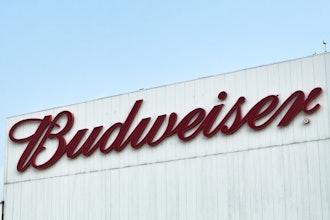
Researchers estimate that 32 million Americans have food allergies, including 5.6 million children under age 18. That’s one in 13 children, or roughly two in every classroom. With numbers growing, more must be done to protect affected consumers. Daily, up to 20 percent of patients with allergies face the fear of potentially fatal reactions. This drastic increase demonstrates the need for the food industry to do more to prepare for growing levels of dietary delicacy.
Food manufacturers need to understand this delicate balance, but there are often many barriers stopping them from reporting accurately. From food fraud to confusing or conflicting legislation, the barriers to effective traceability are diverse but the risk to consumers remains to high to ignore.
Most legislation requires producers to be able to trace products one step backwards and one step forwards, at any point in the supply chain. This means that as long as every part of the supply chain is reliable it is hard for ingredients to be mislabeled. It’s simple in theory but can often be a difficult concept to implement.
Food manufacturers need to be compliant with the ISO 22005:2007 standard for traceability in the feed and food chain. However, due to the complexity of modern supply chains, it is harder, but also more vital than ever to have a good overview of the complete process.
To this extent, it is good practice for a food and beverage producer to trace every single ingredient throughout the whole of their supply chain. Not only will this have good business applications, because fully understanding a supply chain will drastically reduce the cost of a recall, but problematic steps or points of contamination will become easier to trace, cutting down the number of products that need to be recalled.
There are tools available to improve traceability, including automated control systems that allow manufacturers to give their product a digital, trackable passport. Recording the details of production digitally through automation systems and feeding them into Enterprise Resource Planning (ERP) software or Manufacturing Operations Management suite (MOM), will create a comprehensive digital trace.
ERPs and MOMs work by integrating all facets of a business into a single database, allowing an in-depth view of business operations. The systems can then break down a production plant into distinct steps, meaning plant managers can easily identify when a contaminate, or potential contaminant, is present. Producers can then state exactly what is in their product and plant managers can accurately understand how many batches need recalling if issues do occur.
While more than 50 million Americans suffer from chronic allergies every year, this number is expected to double by 2025. With the rate of people with allergies rising, manufacturers need to prepare their systems for even more detail and reporting for customers. Installing robust traceability can help eradicate unintended allergic reactions, building strong consumer trust and ultimately saving lives.
Darcy Simonis is the food and beverage group vice president at ABB.






















